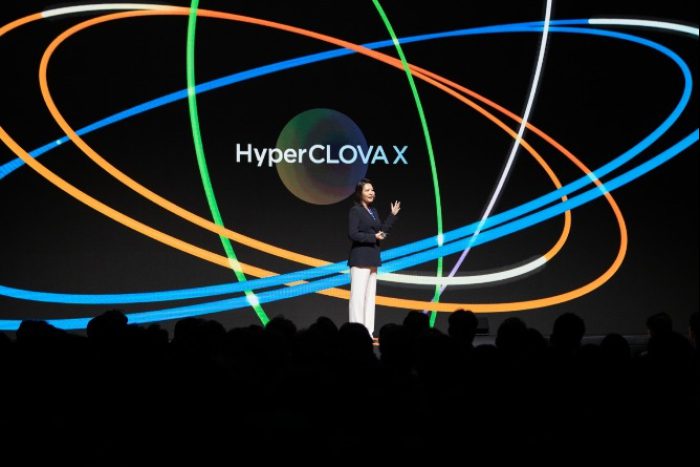TL;DR:
- Naver aims to expand its presence in the Middle East, particularly Saudi Arabia, with its in-house developed language model, HyperCLOVA X.
- The Middle East seeks to reduce reliance on AI giants like the United States by building its own language model platforms.
- Saudi Arabia, in particular, is exploring alternatives to established players, showing interest in Naver as a competitor to Google.
- Naver secured a significant contract to develop a Digital Twin platform for Saudi Arabia’s Ministry of Municipal and Affairs and Housing (MOMRAH).
- Naver plans to offer a range of solutions, including HyperCLOVER X-related technologies and AI models based on local data.
- Saudi Arabia’s ambitious project involves creating digital twins of five major cities for city planning and monitoring.
- Naver’s venture in Saudi Arabia is not a one-time deal, with discussions underway for further partnerships in advanced technologies.
- Naver is expected to establish a local corporation in Saudi Arabia in early 2024.
- Saudi Arabia is keenly interested in Naver’s AI-Robot-Cloud (ARC) system, known for its multi-robot intelligence and open-access design.
- Naver’s strong commitment to technology investment positions it for future opportunities beyond the Middle East.
Main AI News:
South Korean tech giant Naver Corp. is on the fast track to expanding its business presence in Saudi Arabia and other key Middle Eastern markets. Their secret weapon? HyperCLOVA X is a large-scale language model (LLM) developed in-house.
In an exclusive interview with Maeil Business Magazine, Chae Seon-ju, President of ESG and External Policy at Naver, highlighted the Middle East’s eagerness to establish its own LLM platforms, reducing dependence on AI powerhouses like the United States. These LLMs are becoming indispensable tools for safeguarding data sovereignty amidst the escalating tech rivalry between the U.S. and China.
Saudi Arabia, in particular, is actively seeking alternatives to the dominant AI players. Chae expressed confidence in Naver’s appeal, stating, “I was convinced that Saudi Arabia has a growing interest in Naver, a competing rival of Google.“
Naver’s breakthrough in the region came in October when it secured a substantial contract to develop and manage a Digital Twin platform for Saudi Arabia’s Ministry of Municipal and Affairs and Housing (MOMRAH), valued at 130 billion won ($100 million). With this deal as a stepping stone, Naver is gearing up to offer a range of solutions, including HyperCLOVER X-related technologies and AI models built on locally sourced data.
Saudi Arabia’s ambitious plan includes creating digital twins of five major cities, including Riyadh, Medina, and Mecca, to facilitate city planning, monitoring, and flood forecasting over the next five years, leveraging Naver’s cutting-edge technology. Chae emphasized that Naver would assume responsibility for operating these platforms once they were established.
This venture is not a one-time deal, as Chae indicated that there is significant potential for growth beyond the initial digital twin project. Negotiations with Saudi Arabia are underway to explore additional partnerships involving other advanced technologies.
According to insider sources, Naver is poised to establish a local corporation in Saudi Arabia in the first quarter of 2024, a testament to its commitment to fostering strong ties with the region.
Chae further hinted at Saudi Arabia’s keen interest in the AI-Robot-Cloud (ARC) system—an advanced multi-robot intelligence system known for its open-access design and seamless compatibility with diverse applications and platforms from different companies. Chae believes that ARC is a game-changer, poised to accelerate the widespread adoption of service robots.
Naver, consistently ranking among the top 20 percent globally for research and development investment, is steadfast in its dedication to technology advancement. Chae concluded by affirming that their unwavering commitment to technology investment will lead to even more promising opportunities beyond the Middle East.
Conclusion:
Naver’s strategic expansion into the Middle East, led by its cutting-edge HyperCLOVA X and Digital Twin platform projects, signifies a significant shift in the market dynamics. The Middle East’s quest for autonomy in AI technology and its willingness to explore alternatives to established players like the United States present ample growth opportunities for innovative companies like Naver. As Naver strengthens its foothold in the region and explores further partnerships, it is well-positioned to capitalize on the evolving landscape of technology adoption and integration in the Middle East.

